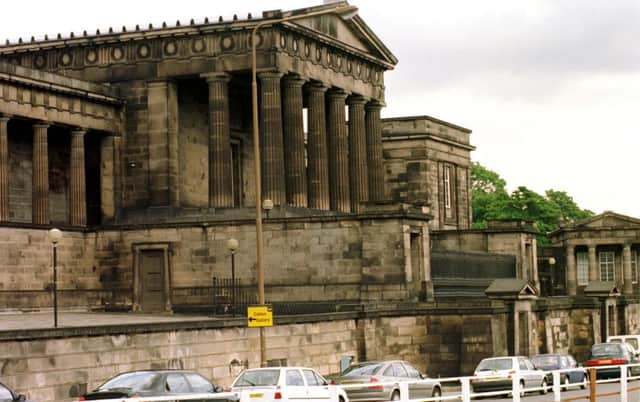Should Scotland’s planning system be reformed?


A panel led by Crawford Beveridge, chairman of the Scottish Government’s council of economic advisers, is examining ways in which planning laws can be improved north of the border, with a recent call for written submissions attracting almost 400 responses.
Planning Democracy, a voluntary campaign group supported by a variety of public bodies, said there was a “blatant injustice” in the current system which gave developers “more power than the communities they affect”.
Advertisement
Hide AdAdvertisement
Hide AdIt is calling for communities to be given the same rights of appeal as landowners and developers. Currently, members of the public are encouraged to submit comments or comments at the start of the planning process.
“In Scotland we are seeing progressive policies developing in land reform and community empowerment and yet planning in terms of democratic rights is outdated and frankly discriminatory,” said Clare Symonds of Planning Democracy.
“It is time the system was brought up to date in line with modern thinking such as human rights and public participation legislation. By providing an equal right of appeal, the Scottish Government would signal just how seriously it takes the rights of communities in a modern Scotland. Until then, our planning system favours well-resourced developers which do not always have the public interest as priority.”
The planning process made headlines last week when members of City of Edinburgh Council’s planning committee narrowly voted to reject proposals to convert the former Royal High School building into a five-star hotel.
Among those supporting Planning Democracy is conservation charity the John Muir Trust, which pointed to the example of the 103-turbine Viking Wind Farm, a joint project between SSE and Shetland Council.
It was opposed by thousands of residents and Scottish Natural Heritage, but was approved by the Scottish Government.
Under Plannning Democracy plans, communities would be granted to appeal such decisions.
David Fryer, a community councillor in Torry, Aberdeen, is among those opposed to the building of an a controversial £140million incinerator in the south of the city.
Advertisement
Hide AdAdvertisement
Hide Ad“It is incredible that in a democratic society communities have no right of appeal over a development, no matter how badly that development affects the community,” he said.
“Not all planning decisions made are good ones, yet the public have no right to challenge them”
A Scottish Government spokeswoman said: “There have already been significant improvements to the planning system as a result of previous modernisation, and the current review will deliver a quicker, more accessible and efficient planning process that works for everyone, especially local communities.
“The panel’s recent call for written evidence generated nearly 400 responses, which are now being considered. In the new year, the panel will continue engaging with stakeholders and are expected to report their findings in May 2016.”